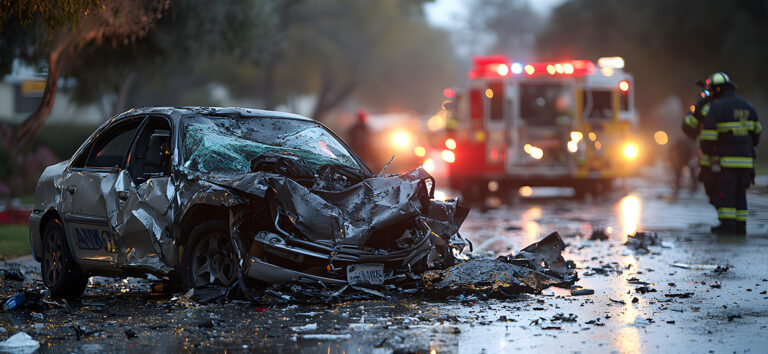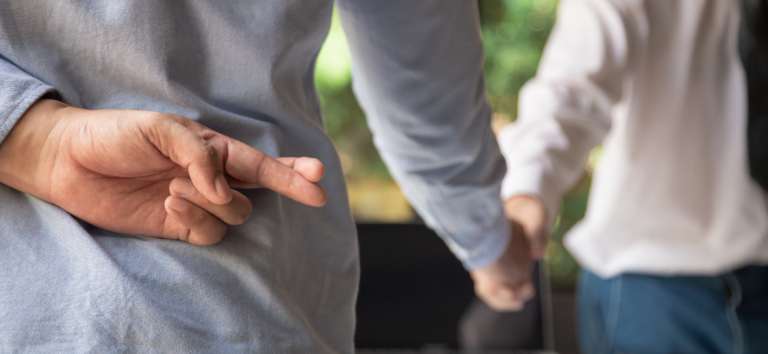Personal Injury Law
Boating Accidents
Personal Injury Law
Boat Accident Lawyers
Canada has the highest number of inland waters in the world. Proportionately, the number of boat accidents also tends to be on the higher side in this country. Boating is a popular summer hobby among many Canadians. Safety precautions are often not followed, resulting in many boating accidents every year. Many assume that the law treats boating accidents the same as car or truck accidents. In fact, the rules governing boating accidents are different and even more complicated. This is why you need to consult with our Boat Accident lawyers right away if you ever happen to be involved in one.
Our Personal Injury Law services
- Occupiers’ Liability
- Dog Bite Injury
- Product Liability
- Nursing Home Negligence
- Wrongful Death
What are some of the common causes of boating accidents?
Just as in the case of accidents on land, the main cause of boating accidents tends to be human error. Some of the common causes are as follows:
- Drinking and boating: As you can imagine, boating under the influence of alcohol or drugs is a recipe for disaster. This will slow down your response time, leading to crashes and collisions with other boats.
- Equipment malfunction or failure: This happens more often than you think. Since boating is a hobby taken up mostly during the summer, for the rest of the year the boat is lying unused. Regular maintenance of the boat is often ignored. The result is the poor seaworthiness of the boat, which affects the stability and manoeuvrability of the vessel.
- Poor knowledge of the terrain of the lake: One of the common boating accidents happens when the boat strikes a submerged boulder, object, or even land. This normally happens when you are not familiar with the terrain of the lake and take the boat unintentionally into the shallow regions.
- Adverse weather conditions: It will be difficult to retain control of the boat in the event of high waves and heavy winds. In a heavy storm, even the most experienced boat operators might lose control of their vessel, leading to accidents.
- Inexperienced boat operators: A boat is a very complicated piece of machinery requiring special training to operate and manoeuvre. Do not assume that your driving experience on the road somehow qualifies you to handle a boat on your own.
How a Personal Injury Lawyer can help you.
Fixing the liability for the accident.
As the saying goes, what actually happened and what you can prove in court are two different things. Your Personal Injury lawyer will build a strong case on your behalf and ensure that the defendant or boat owner is held responsible for the damages. This will involve collecting the testimonies of the witnesses, going through the reports from the police and Coast Guard, gathering photographs and videos of the accident, and examining the boat maintenance records if the accident was caused by mechanical or equipment failure. They will be able to clearly establish whose fault caused the accident in the first place.
Fighting for your compensation through negotiations and legal action.
Your lawyer will act on your behalf and negotiate with the insurance provider for a compensation package that covers all your expenses resulting from the accident. They will fight against any attempt by the insurance provider to reduce your claim amount beyond a reasonable level. If an agreement is not reached through negotiations, the next step is to go for legal action by filing a lawsuit against the boat owner for damages. You will then have to prove in court that the negligence or recklessness of the boat operator caused the accident and hold them liable.
Frequently Asked Questions
What to do in the event of a boat accident?
- Stop your vessel and take stock of the situation. If you just collided with another boat, communicate with the captain of that vessel. State your name, the name of your boat, your starting port, and your destination port.
- Ensure that everyone onboard is safe and uninjured. Check if anyone is injured or is in need of medical attention on the other boat. Offer them assistance if you have a medically trained passenger onboard your boat.
- If one of the boats is significantly damaged, you will have to consider moving some of the passengers to the other boat. Take into consideration the carrying capacity of the surviving boat as you do this.
- If both the boats are damaged, then call for aid immediately. Signal for help by using your horn, boat radio, or a flare. A nearby vessel might pick up your signal and rush to your aid.
- Inspect and make sure that every one of your passengers is wearing a life jacket, also known as Personal Floatation Device (PFD).
- If the boat has started to sink, make sure to account for everyone before jumping off. And when you do so, make sure to jump off on the windward side of the boat. Generally speaking, the boat will capsize on the leeward side. By jumping off on the windward side, you are avoiding the possible risks of getting tangled in the ropes or sails.
What are some of the preventive measures you can take to avoid boating accidents?
- Make sure to obtain the necessary training and licenses. The operator of the boat must be properly trained in manoeuvring the vessel and must pass the boating safety test known as the Pleasure Craft Operator Card (PCOC) test. There are accredited agencies providing the training for this test in Canada. Enrol with them, complete the test, and you will be issued the card, which is valid for life.
- Conduct regular safety audits and maintenance works of your boat to reduce the risk of accidents happening because of mechanical failure. Do not put off any maintenance or repair work that could affect the seaworthiness of your boat.
- Avoid boating in adverse weather conditions. Keep an eye out for weather forecasts and stay away from the lake if a storm is imminent.
- Do not operate the boat under the influence of alcohol or drugs. Alcohol or drugs affect your motor functions and slow down your reaction time. Half a second of delay might make the difference between a crash and a near miss.
- Follow all the safety guidelines and ensure that you have enough life jackets and safety equipment onboard for all the passengers. You need to regularly check to ensure that they are all in working condition and are kept in an easily accessible location. The passengers should be able to reach them in the event of an emergency.
Do I need insurance for my boat?
It is always safe to ensure that your boat is covered by insurance for all possible scenarios. However, as far as regulations are concerned, it is not always necessary for a boat to be insured. These regulations vary from province to province. If you are carrying passengers on a public purpose or a commercial vessel, you need to have passenger insurance. This will cover the claims of loss of life or personal injury from any passenger during an accident. However, if you are using a pleasure craft carrying only your friends and family and are not using it for profit, then these regulations do not apply to your boat.
What are the types of compensation I will be entitled to in a boating accident?
If you were injured in a boating accident, you can claim compensation for the medical expenses incurred for the treatment of your injuries. You can also claim compensation for your pain and suffering, any lost wages during your recovery, any damage to your property, and any other out-of-pocket expenses you incurred because of the accident. Normally, your claim will be settled by the boat owner’s insurance provider. Our Personal Injury lawyer will guide you in this process and will also represent you in court if the insurance coverage was not enough or if the boat was not insured at all.
We can Help
We have skilled lawyers to support you in managing your case. They will be caring and compassionate at this time and make their best efforts to understand your needs.

In short: The plaintiff slipped and fell during a winter weather event...

A personal injury lawsuit holds water only when the plaintiff can prove...

The High Cost of Dishonesty in Personal Injury Law: Ont. Court of...

